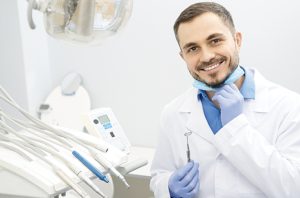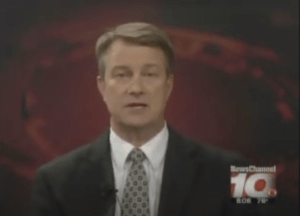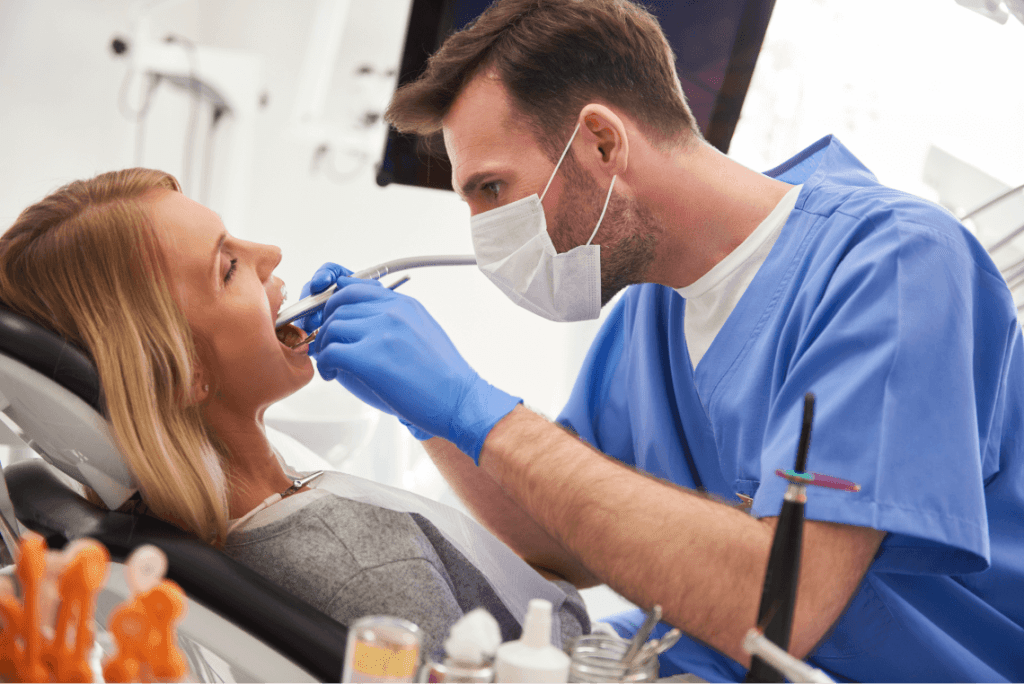Maxillofacial surgery is a broad term for surgical procedures done to correct problems of the jaw, face, neck, and sinuses. Maxillofacial surgeons are generally doctors. A dentist might refer you to a maxillofacial surgeon if you have a problem with your mouth that is too difficult to fix with basic dental care alone. Maxillofacial surgery may be called for to fix congenital jaw deformities and repair damage done to the mouth and face because of traumatic injury. Maxillofacial surgeons also frequently assist with tumors in the mouth and on the face, helping both to remove the tumors and rebuild the face.
The help of a maxillofacial surgeon is called for when your wisdom teeth are too severely impacted to be extracted by your dentist. Severely impacted wisdom teeth are often badly cracked, and will simply crumble when a dentist tries to remove them through traditional means. An expert in maxillofacial surgery can remove them safely and effectively. Sedation is sometimes used, though often a local anesthetic is all that is needed.
Many people are born with misaligned jaws, and as a result have either overbites or underbites. In minor cases, orthodontics can be used to repair the problem. However, corrective jaw surgery, also known as orthognathic surgery, is needed in more severe cases. This procedure is usually performed under full sedation. Various bones in the face and jaw may be broken and repositioned to correct the misalignment. In these cases, recovery can take many months, and you may require pain medication during that period.
There are also many people who are born with cleft lips, in which the lip is split, or cleft palates, in which the palate itself is split. Maxillofacial surgery can correct these problems. Recovery from these procedures can vary depending on the condition.
Maxillofacial surgery is often used to correct problems with your temporomandibular joint or TMJ. This is the joint that connects your lower jaw to your skull, and it allows your jaw to make the movements necessary for talking and chewing. TMJ disorders can cause stiffness, pain, and even a loss of mobility in this joint, keeping it from going through a full range of motions. This can interfere with both talking and eating. A maxillofacial surgeon will usually use one of three procedures to correct the problem. The first is arthrocentesis, which involves injecting fluid into the joint to wash away the chemical byproducts produced by inflammation and reduce the pressure on the joint. This is usually an outpatient procedure and you should experience just a little soreness from it. The second procedure is arthroscopy, which involves inserting tiny tools into a small hole made in your jaw to reduce inflammation and reshape the joint. Recovery should not take you more than a week. The third procedure is open joint surgery, which involves exposing the bones and reshaping them. Sedation is often used. Recovery time can take weeks, and you may require a prescription for pain medication.
















